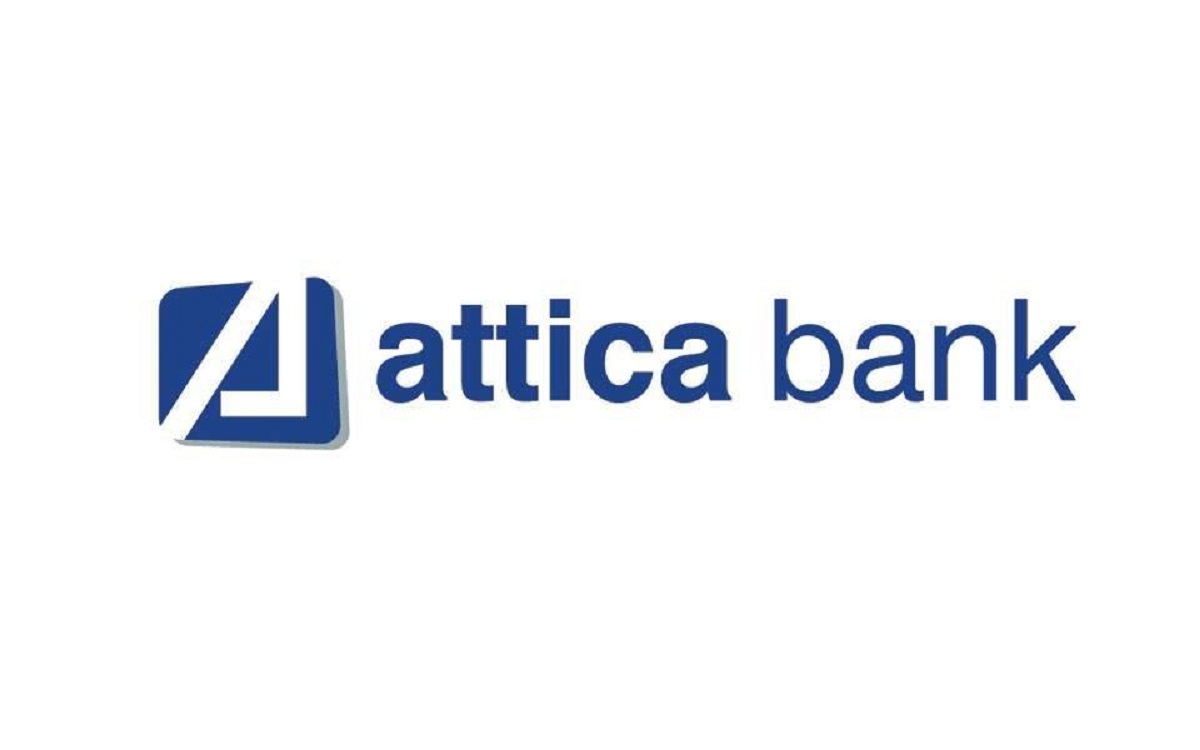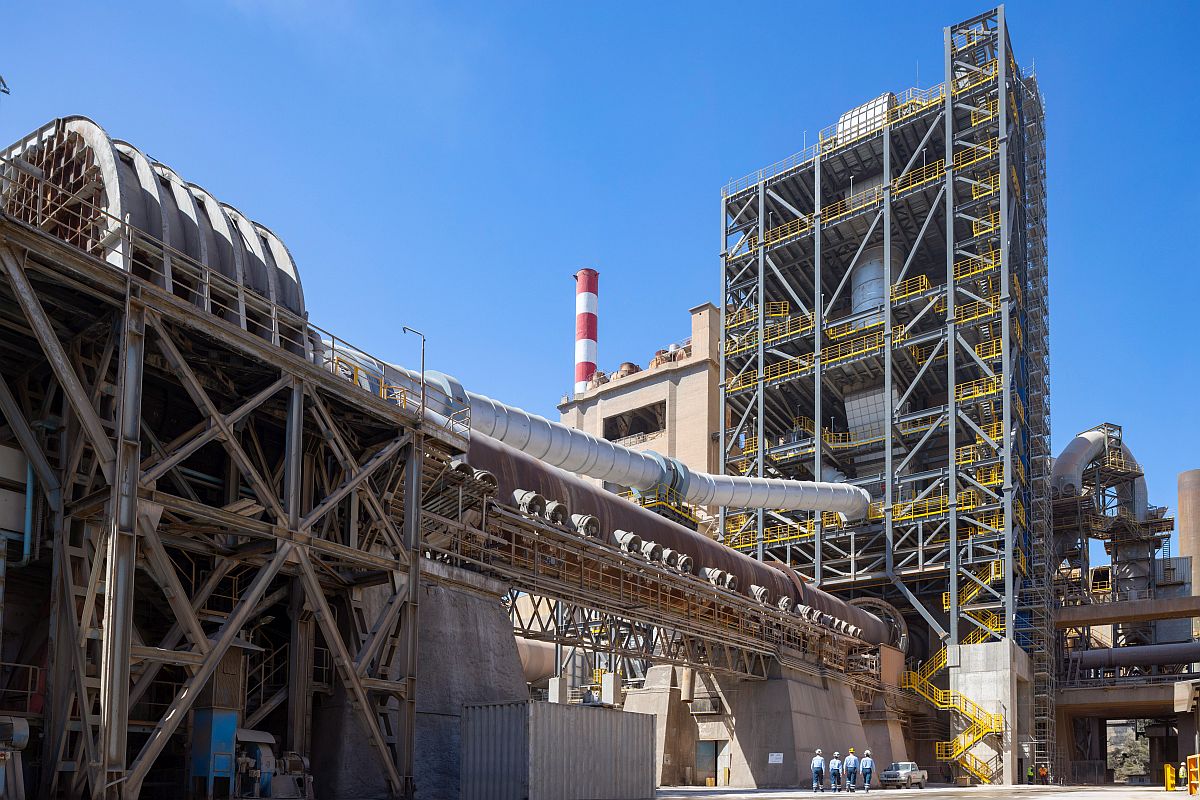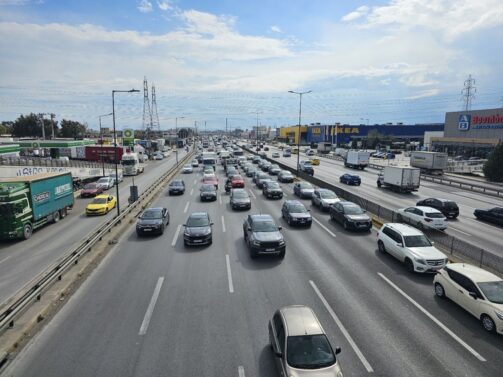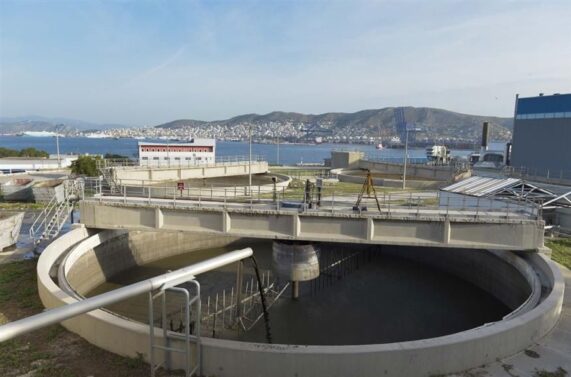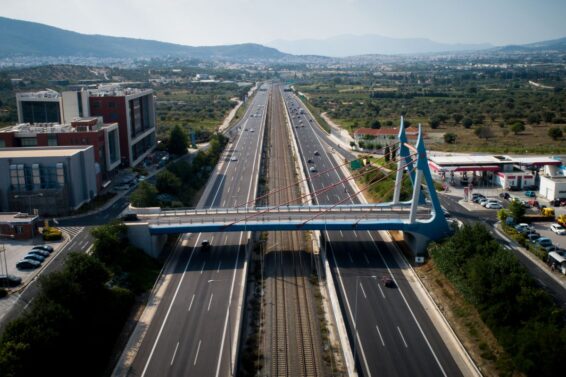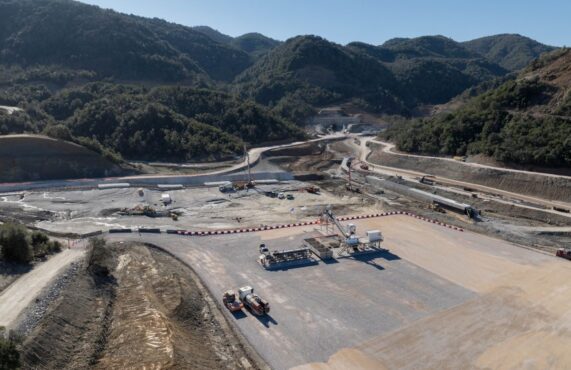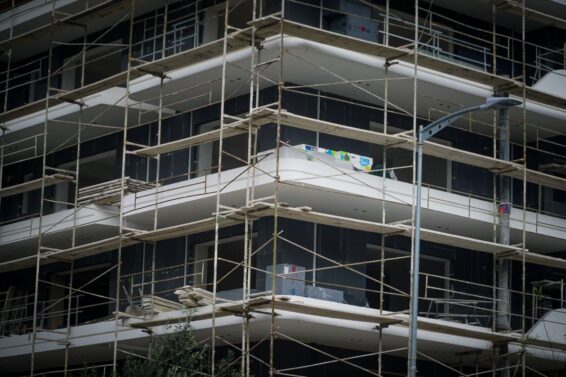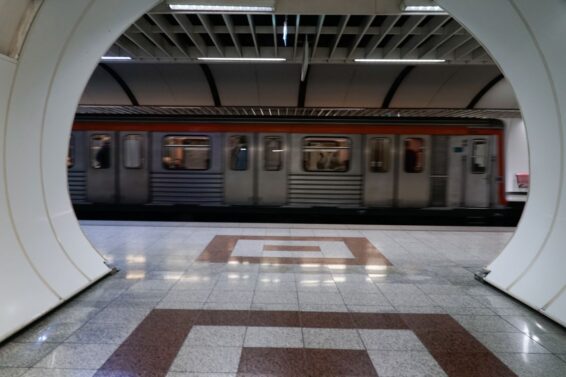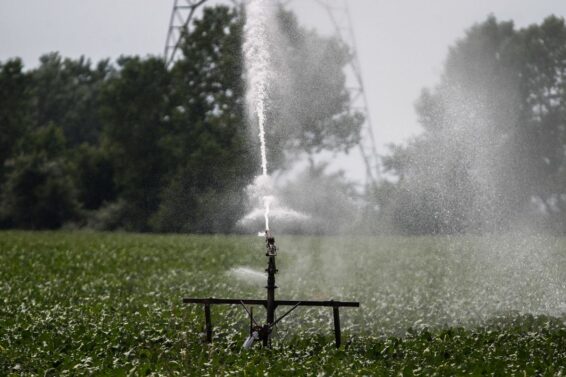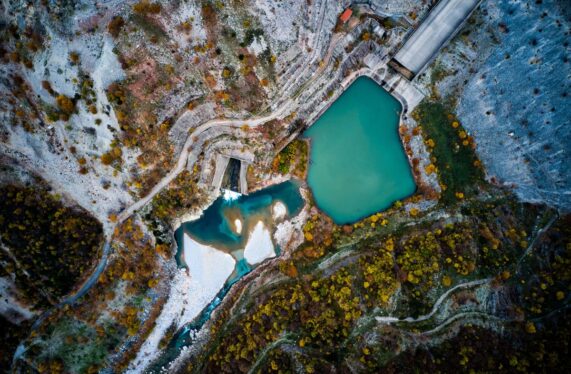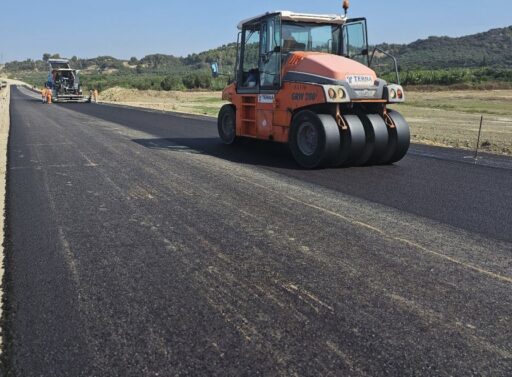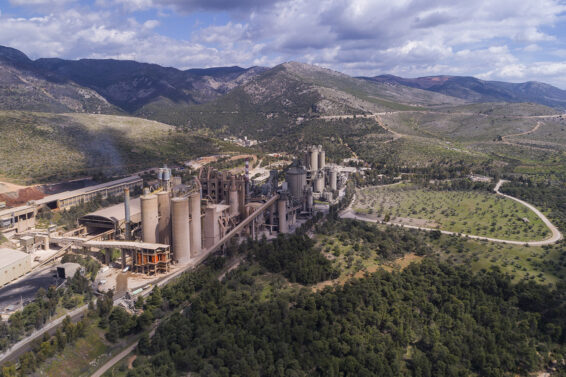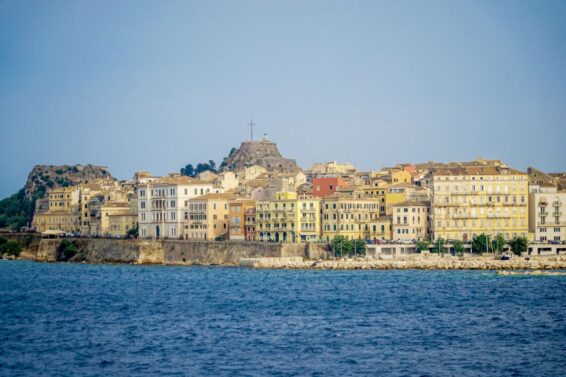An exclusive interview with Kostas Karamanlis, shadow Infrastructure Minister of New Democracy, major opposition party
Mr. Karamanlis gave a very interesting interview regarding infrastructure projects and other important issues troubling the country’s technical sector. The shadow Minister of Infrastructure and Transport expressed his views to Nikos Karagiannis and Ypodomes.com.
He underlined the lack of strategic planning from the relevant Ministry, the excessive discounts, noting that 1 out of 4 projects between 2000 and 2016 came with a discount, greater than 50% commenting that he doesn’t believe in spectacular solutions and communication “fireworks”. “We need to comprehend the problem and come up with a plan in order to solve it”, he added.
As far as new generation projects are concerned, he sees railway as a main priority as this area is lagging considerably behind. Athens Metro Line 4, “VOAK” Motorway and Kasteli Airport in Crete, Patra-Pyrgos Motorway and Athens’ new intercity buses terminal are maybe the most prominent future projects that the country needs to implement.
Mr. Karamanlis posed conceded projects and projects funded by availability payments as the funding alternatives of the years to come, whereas, regarding the introduction of the 4412/2016 bill, he characteristically commented that the legal framework has not essentially changed ever since its enforcement. “What is needed, is the bill’s improvement towards transparency and maximum efficiency.”
Read the interview below:
Nikos Karagiannis: One of the dominant issues that emerged in the recent Infrastructure and Transportation Congress, was the shortage of the new projects and the fear for the constructions’ sector shrinkage. What do you think about that?
Kostas Karamanlis: You mentioned 2 major issues troubling infrastructure sector and more generally, the country’s growth and economy. From the one hand, we have the absence of a national strategy for infrastructure and transportation, from the other hand, the faulty financial policy pursued by the Gov’t in the past 2 years and the inability of the banking system to support technical companies that led us to the real danger of the constructions sector to trap into inactivity. The lack of national strategic planning is to blame for new projects’ shortage. The Gov’t’s duty is not only to implement projects and cut ribbons of already assigned projects but to propose new ones as well. Unfortunately, we’ve reached to a point where ribbon-cutting events seem to be more important that contracts.
NK: Almost everybody talks about the issue of excessive discounts that even surpassed the threshold of 70%. What is needed to be done? What is your proposal for a more realistic auctioning system, which will benefit both the State and the market?
KK: According to data presented in the Congress, which you successfully organized, and data deriving from recent studies regarding public projects between 2000 and 2016, 1 out of 4 projects were discounted more than 50%. This is a huge percentage. Meanwhile, data analysis suggests that the larger the discount, the longer the procrastination of the projects’ deliveries, endangering their very implementation and derailment of their budget by even 300%. I want to be clear about it Mr. Karagiannis… I don’t believe in spectacular solutions and communication “fireworks”. We need to comprehend the problem and come up with a plan in order to solve it. E-auctioning system needs to operate immediately. In this way, we will be able to achieve transparency and tackle fake bids. We need reformations of the legal framework, allowing for instance, the projects’ supervision by private parties. Aspiring contractors will then avoid proposing too high discounts as they will realize that the supervision will not be negligent but, on the contrary, strict and detailed. Less partitioning of the projects; a very vivid example for that is the way that Patra-Pyrgos Motorway was auctioned by the Gov’t. The project was “sliced” into 8 pieces while the Minister of Infrastructure was boasting in public about the discounts achieved by this method. We are talking about discounts approaching 57%! I’m predicting -as many others do lately- that this project will not be finally implemented, as a result of the discounts and its auctioning process.
NK: Another issue that surfaced was the lack of a Strategic Plan for infrastructure and transportation. Why, after so many decades, is it still unfulfilled? What is your agenda for that?
KK: It is true that there hasn’t been a Strategic Plan in the past decades. 14 years ago, the Gov’t under Kostas Karamanlis set the main axes for the country’s infrastructure development; on the West with Corinth-Patras, Corinth-Kalamata and Ionian Motorways and on the East with the completion of P.A.Th.E. axis and a particular emphasis in Maliakos and Tempi areas. Large railway infrastructure projects of Greece also commenced. The Gov’t of that period, after setting the general framework, it initiated project studies, approvals, expropriations, project designs and funding arrangements that allowed projects to proceed to the tenders and the contracts’ signatures. In 2010, due to the economic crisis, all projects were frozen until 2013, when again, the Gov’t led by New Democracy party and PM at the time, Mr. Samaras restarted them, solving their funding problems. Again in 2015, we had yet another freeze with the negotiations of PM, Mr. Tsipras and the former MoF, Mr. Varoufakis, of the newly elected SYRIZA-led Gov’t, which led to the introduction of capital controls. Finally, in 2016 the Gov’t decided to give additional refunds and “acceleration” bonuses to the companies, or in numbers, 500mn euros of additional spending to gradually complete them. Do you see any strategic plan for the infrastructure and transportation development in the country by Mr. Tsipras’ Gov’t? The next Gov’t, under New Democracy party, will propose a strategic framework for the next decade in the area of infrastructure.
NK: Which and what kind of projects do you propose, as a political party, to be implemented in the following decade? I would like you to tell me specifically.
KK: First of all, we need to change mentality even in the way we design projects; we need to start from which sections need further development. Our national motorway network is now in a very satisfactory level. Anyway in 2016, 56% of EU funds were spent on our motorways. This means that we need a wider plan about which sector need further development in order to invigorate the country’s economy. With a fast look, the country’s motorway network is left behind. The operation of Piraeus -Athens-Thessaloniki-Borders was expected to operate in 2018 but was postponed for 2021. The same for Athens-Patra line that has been re-scheduled for 2022. These axes are of vital importance for the logistics sector and the emergence of Piraeus Port as an international transit hub. In the meantime, Athens to Thessaloniki and Athens to Patras trips will be also carried out far quicker, with maximum safety and in a far greener way through the electrification of the lines. For the region of Attica, Athens Metro Line 4 needs to start as soon as possible and Thriassion Logistics Center also needs to be completed. Infrastructure, superstructure and signaling works for the axes of Athens-Thessaloniki-Borders and Athens-Patra need to be finalized too. But there are many other projects, apart from the railway, that need to be implemented. Regarding the motorways, “VOAK” in Crete, Aktio-Amvrakia in Western Greece and Patras-Pyrgos as well as other projects of a smaller scale are among them. On the same spirit, we need to reinforce and upgrade our ports and airports, especially in the islands. Regarding transportation infrastructure, Kasteli Airport is the biggest pending project regarding our airports as well as the new intercity buses’ terminal in Athens, in Eleonas area. I want to highlight though that, for every project to be implemented, a feasibility and sustainability study should be also submitted.
NK: NSRF and other funding tools from Europe are probably going to end soon. What is your opinion regarding the funding models that we have to explore as a country in order to achieve a smooth transition to the next day?
KK: First of all, the absorption of every available resource from NSRF is necessary. Structures need operate with transparency and speed, for the best investment and growth results. Apart from EU’s funding tools, there are other ways to fund a project. “Conceded” projects is an alternative that previous Gov’ts of our party proposed. You assign a project to a private entity and, after a certain period, it goes under public control. Examples for that are Attiki Motorway and Athens International Airport. Availability payments, again, is another way. In 2014, 9 out of 10 motorway projects in the EU were based on that model; a switch from user-based funding (through tolls) to state funding.
NK: 4412/2016 bill has caused turbulence around public contacts and concessions. Nevertheless, it features several modern elements in the areas of expropriations and achaeological surveys. If tomorrow you were in power, would you change it?
KK: After the bill 3669/2008, a new law came that doesn’t change the existing framework substantially in the direction of aligning with certain European guidelines while it has modified procedures that have caused serious problems. Let me remind you that from early August, when the bill was voted in the Parliament, all tenders regarding studies and projects were frozen due to the bill’s insufficiencies. Every Minister has an ambition to introduce a bill during his or her tenure but this is exactly the country’s biggest problem: the frequent changes of the legal framework and procedures. Generally, I am not for changes in short periods of time as these cause insecurity in the markets and the investments’ environment. What will be done, are some modifications towards enhanced transparency and efficiency. We have to limit project studies and direct project assignments.
NK: Thank you very much, Mr. Karamanlis.
Nikos Karagiannis-ypodomes.com
ΜΗΝ ΞΕΧΑΣΕΤΕ
- Ακολουθήστε το ypodomes.com στο Google News και μάθετε πρώτοι όλες τις ειδήσεις για τις υποδομές στην Ελλάδα
- Αν είστε επαγγελματίας του κλάδου, ακολουθήστε μας στο LinkedIn
- Εγγραφείτε στο Ypodomes Web TV

